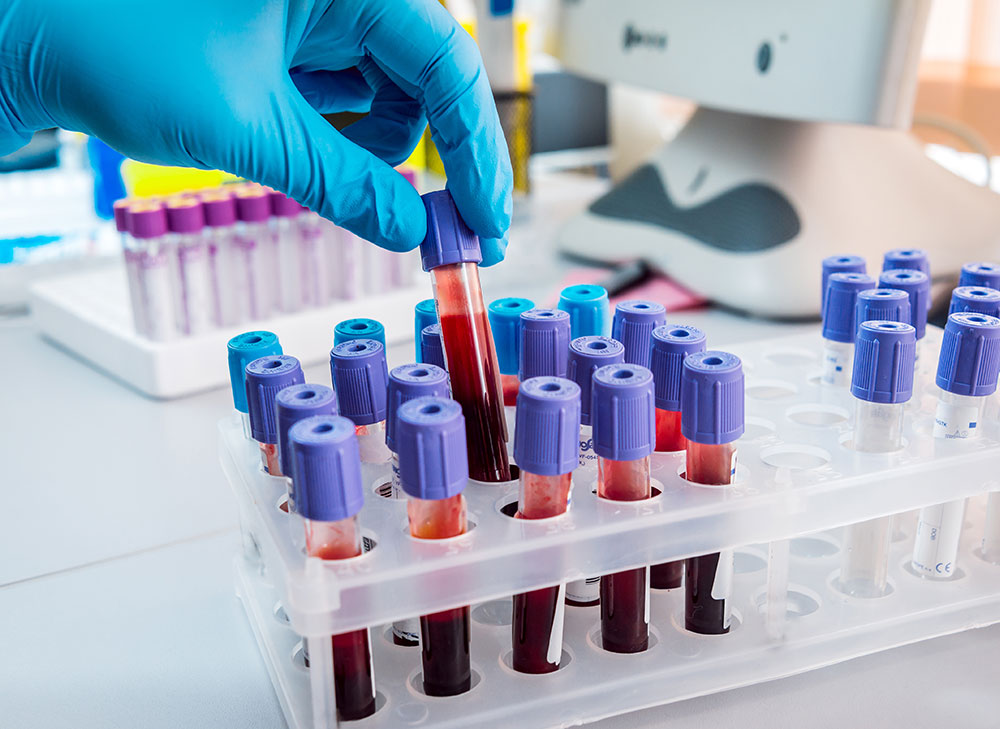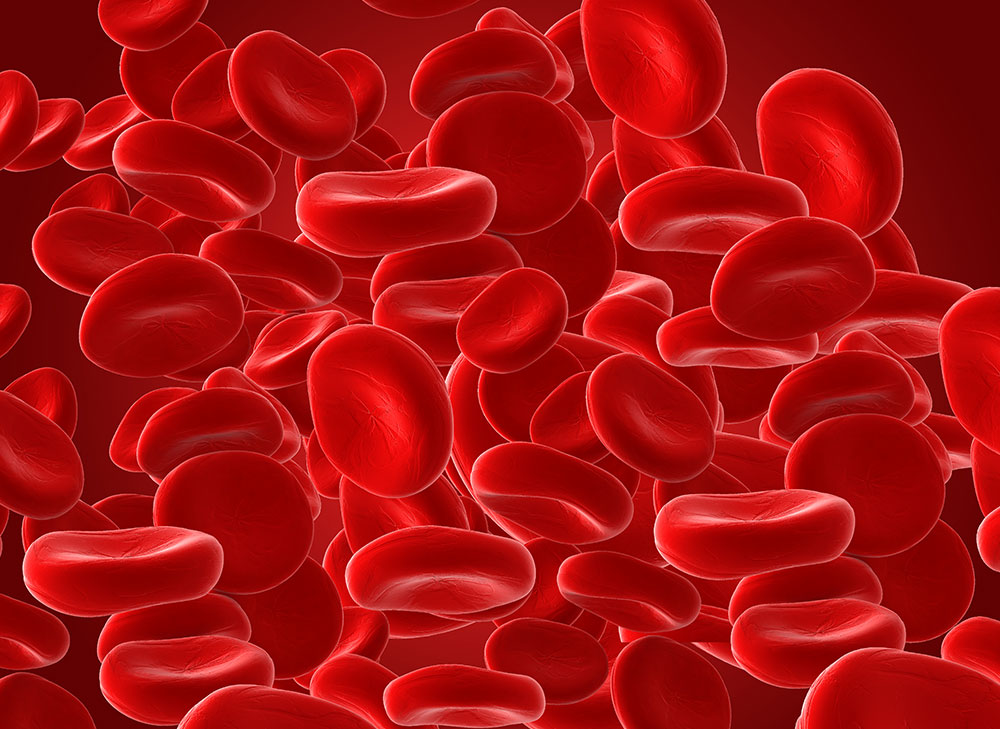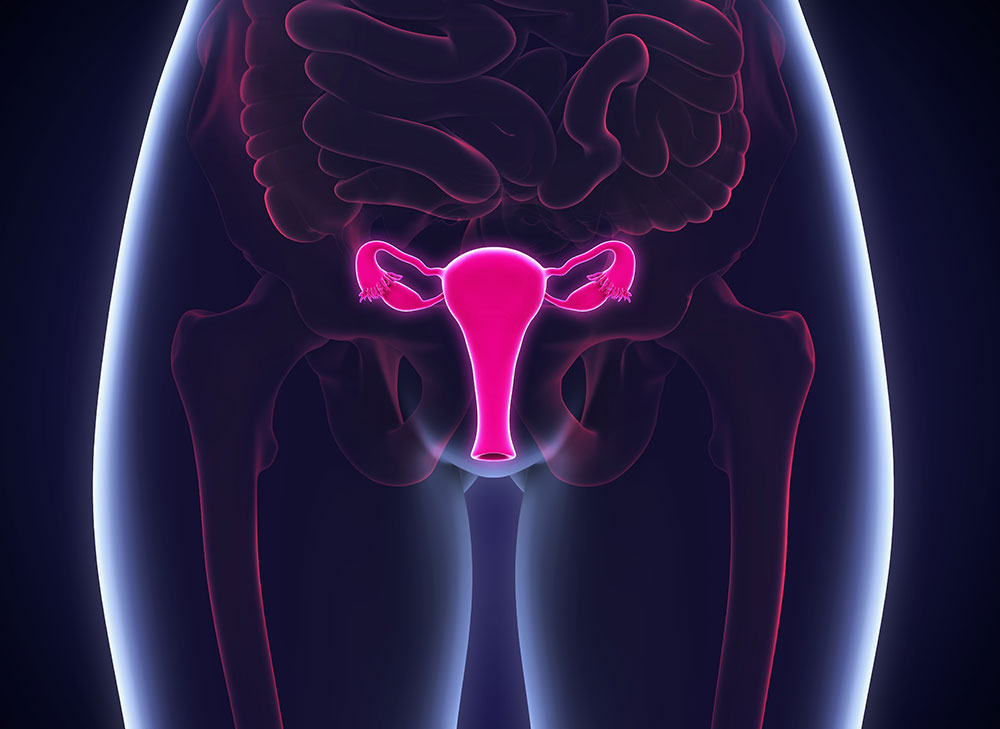Reminder: Genetic carrier screening for cystic fibrosis, spinal muscular atrophy, and fragile X syndrome is now bulk-billed. For more information, please click here.
Before trying for a baby, it is recommended that you visit your GP for a pre-conception health check. Pre-conception health checks are important for ensuring that any pre-existing conditions and medical diagnoses are effectively managed. This will help with successful conception, a healthy pregnancy, and the lifelong health of your baby. Below we outline some of the tests your doctor may order for you at your pre-conception health check.
Genetic Carrier Screening
Genetic carrier screening for cystic fibrosis, spinal muscular atrophy, and fragile X syndrome is now bulk-billed. Clinical guidelines recommend that doctors offer this test to all women who are either planning or in the first stage of pregnancy, regardless of their risk factors. Ideally performed before pregnancy to offer greater reproductive choice, genetic carrier screening will provide you with insights into the risk of passing genetic conditions onto your baby. To learn more about Clinical Labs’ Genetic Carrier Screening test options, click here.

General Health
Your overall health may be assessed by tests including full blood examination (FBE), kidney function and liver function tests. An FBE test includes testing your haemoglobin levels. Sufficient haemoglobin level is important during pregnancy as it provides oxygen to the unborn baby.

Folate
Folate is essential for the healthy development of the baby's neural tube, a structure that appears during foetal development which will become the baby's brain and spine. Insufficient levels of folate can result in neural tube defects, including spina bifida. Your doctor may recommend you start taking folate at least one month prior to conception.

Iron Deficiency
Checking your iron levels prior to pregnancy is important, as iron deficiency is a problem doctors commonly see in pregnant women. It can lead to fatigue and anaemia if left untreated. If you are low in iron, your doctor may recommend that you take a supplement to help boost your iron levels.

Vitamin D Deficiency
Testing vitamin D levels before pregnancy is important, as vitamin D is essential for building and maintaining strong bones by helping the body to absorb calcium. If you are deficient in vitamin D, it could affect the amount of calcium your baby has in their bones. Your GP may recommend you start taking a supplement.

Thyroid Function
If you have a thyroid hormone imbalance, it can affect your ovulation, and therefore your fertility. The developing baby is also dependent on the mother's supply of thyroid hormone in the first trimester, so good thyroid function is required, as it's critical for the baby's brain development.

Sexually Transmitted Infections (STIs)
Many STIs are asymptomatic and can pose serious health risks for both the mother and baby; therefore, screening and treatment are important before conception. Some STIs including chlamydia and gonorrhoea can lead to infertility and ectopic pregnancy if left untreated. Other STIs that are commonly tested for include hepatitis B, HIV, and syphilis.

Cervical Screening Test
If you are not up to date with your Cervical Screening Test, pre-conception is a good time to get checked, as the test can be completed at the same time as your STI screening. The Cervical Screening Test is used to detect human papillomavirus (HPV), which is a common virus that can change the cells in your cervix and, in rare cases, can develop into cervical cancer.

Infectious Diseases
Screening for immunity to infectious diseases - including rubella, varicella, measles, parvovirus and toxoplasmosis is critical before pregnancy. These infections can lead to increased risk of miscarriage and disabilities in babies, such as malformed limbs or permanent deafness or blindness.

Female Reproductive Hormones
Your doctor may recommend testing your reproductive hormone levels, which are essential for healthy ovulation. Follicle-stimulating hormone (FSH) helps regulate the menstrual cycle and stimulate the growth of the ovarian follicles, where eggs are formed. Luteinizing hormone (LH) works together with FSH to control the menstrual cycle and causes the ovaries to release an egg during ovulation.

